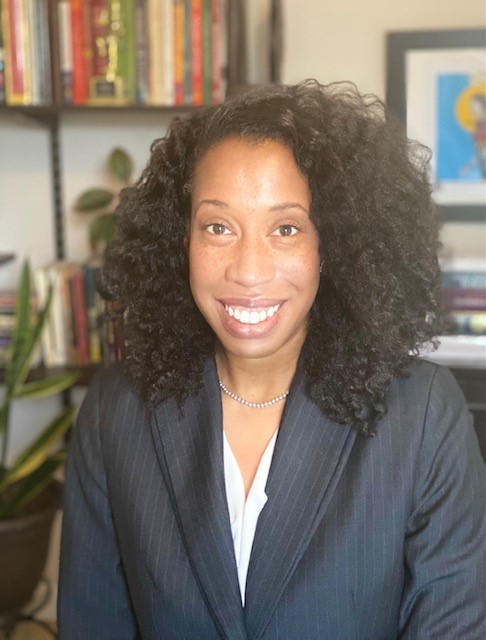
Project Name:
A Landscape Study of Social Equity Data Needs and its Access and Availability to Support the Disaster Resilience of Marginalized CommunitiesOther Research Participants/Partners:
Philip Berke, The University of North Carolina at Chapel HillProject Description:
This research project aims to identify how to improve the measurement of outcomes for marginalized communities and, as a result, help guide investments in those outcomes when developing disaster recovery plans and programs. the team will apply an exploratory sequential mixed methods design that will use qualitative and quantitative methods to identify indicators that measure and track the wellbeing and recovery of marginalized populations, such as the distribution of disaster recovery funds. We will identify four North Carolina communities based on location, density, type of hazard, demographics, and available recovery data to ensure sample diversity. From there, we will use the following methods process, 1) conduct literature review, 2) review archival data, 3) generate quantitative metrics, 4) create an interview protocol, and 5) combine findings to create a conceptual approach for guiding disaster recovery planning.
Additional Projects: From the Voices of Communities, Local Governments, and Academics: Assessing Preparedness and Recovery for Socially Marginalized Communities impacted by Natural Disasters
Description: This research project aims to continue the conversation around how FEMA can leverage its programs and authorities to address systemic inequities and distribute resources equitably, especially to those representing socially marginalized populations. The team will facilitate three advisory groups on marginalization and administer an online survey to government and NGOs. Advisory groups members will represent all FEMA regions. Members of the first group will represent community leaders, the second group will represent local government officials, and the third group will represent academic experts. The results from the advisory groups will inform an online survey that will be administered nationwide to local-government and NGOs (e.g., non-profit and faith-based organizations) that assist marginalized populations in preparing for and recovering from natural disasters. After the team collects survey data, researchers will host a workshop and invite advisory group committee members, survey respondents, and interested stakeholders to facilitate a conversation around equity in recovery and provide system feedback and policy recommendations. The final products will summarize findings from advisory board meetings, the nationwide survey, and the workshop and provide recommendations for policy and future research.
Research Interests:
Impact of disasters on marginalized communities; education policy; Exogenous shocks to schooling communities; Qualitative inquiry, ethnography & mixed methods research
